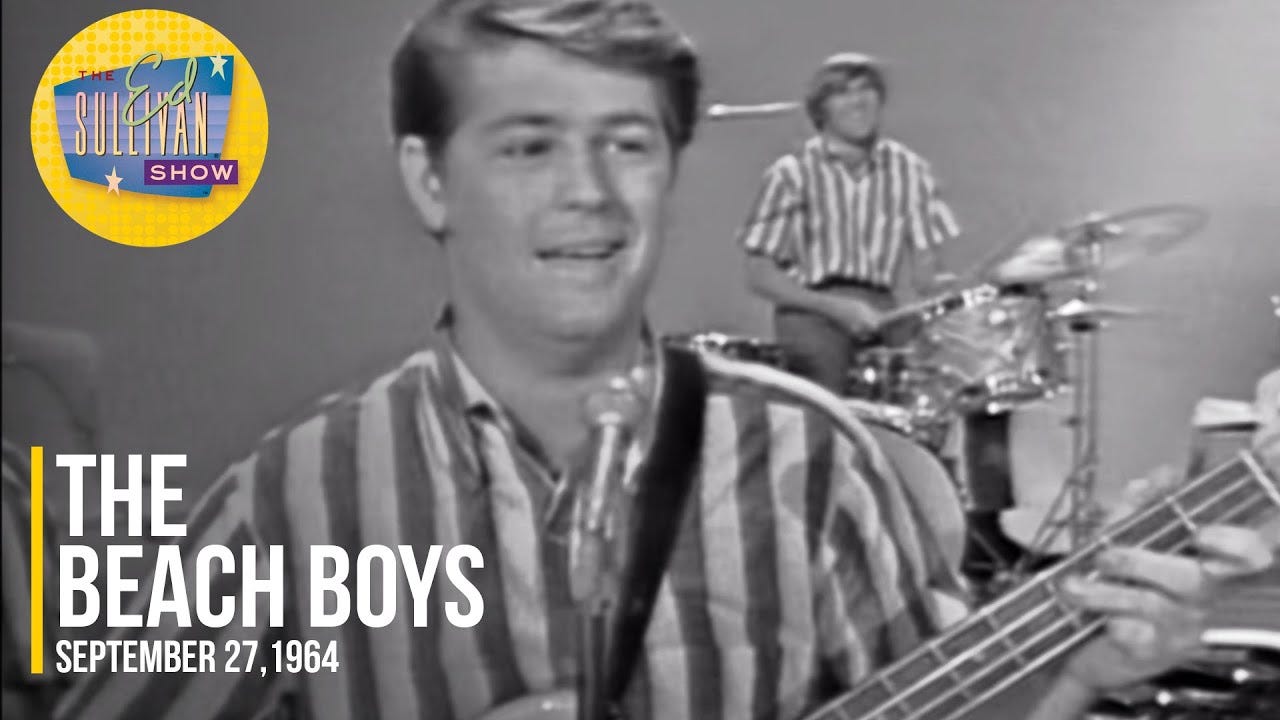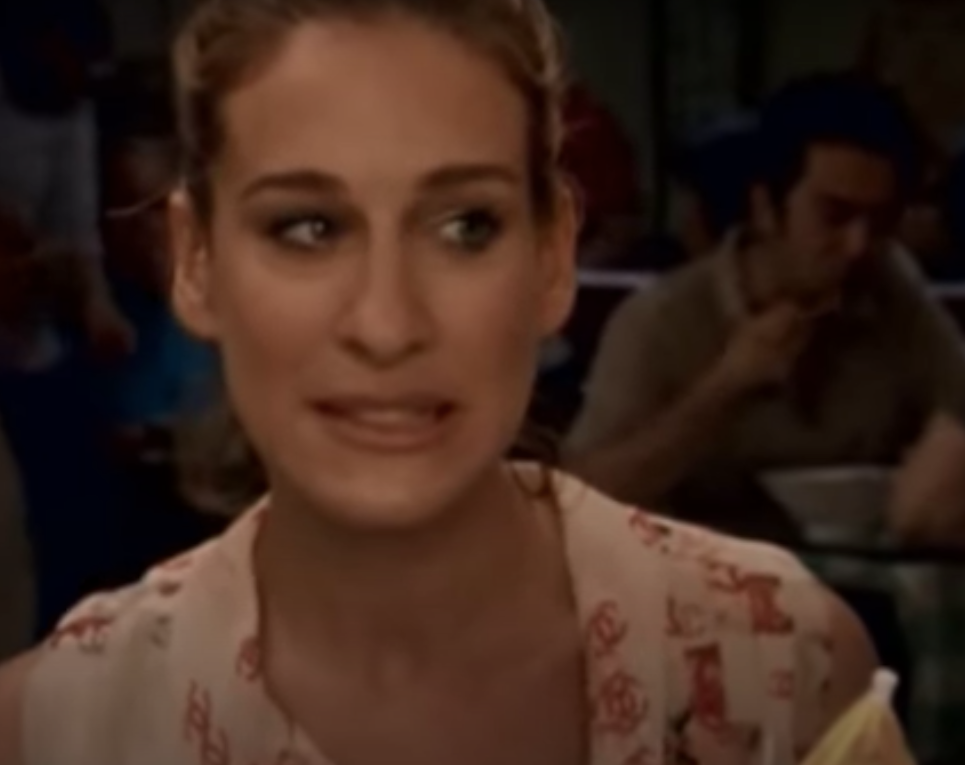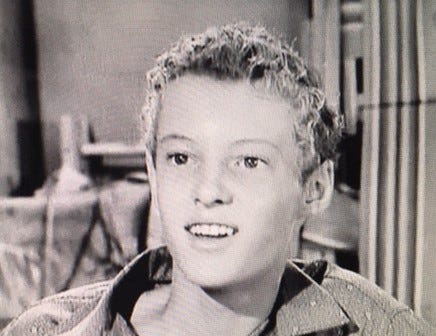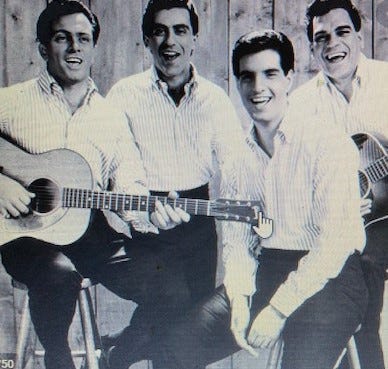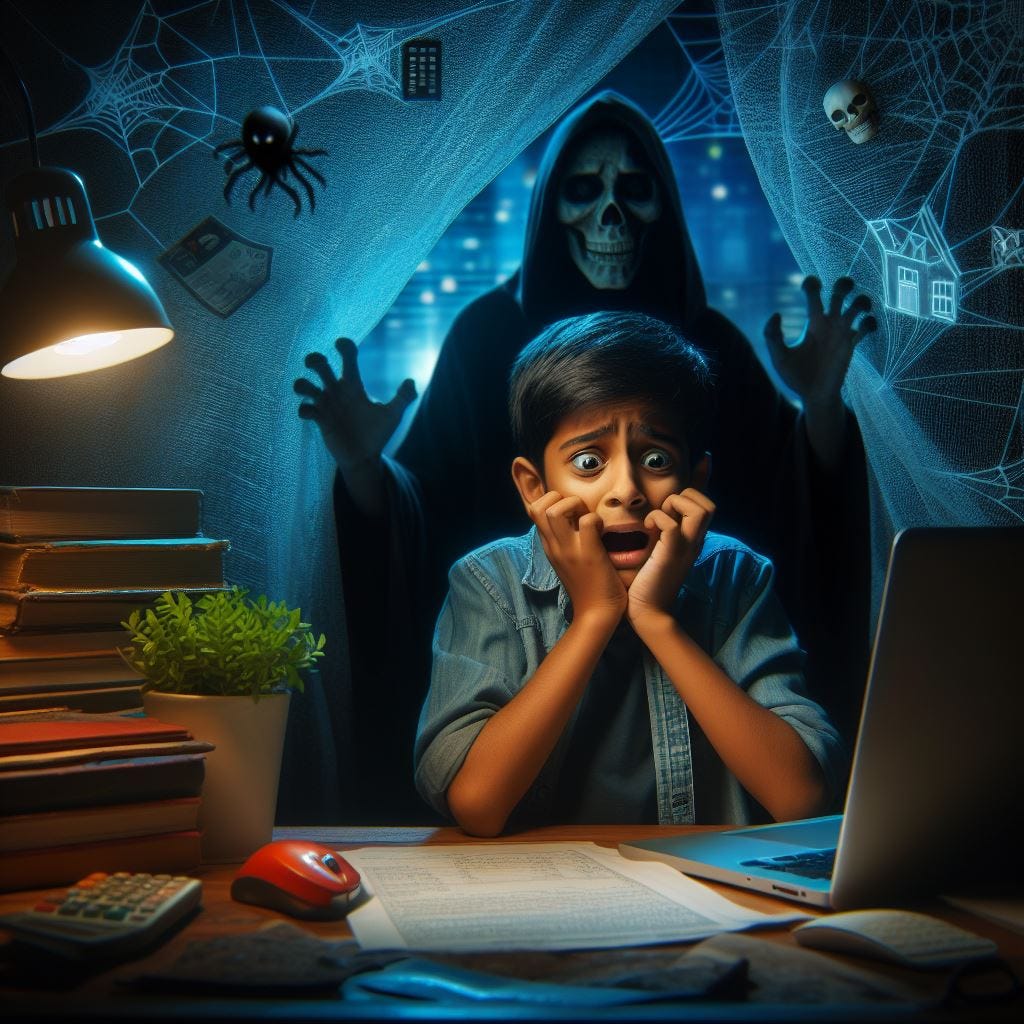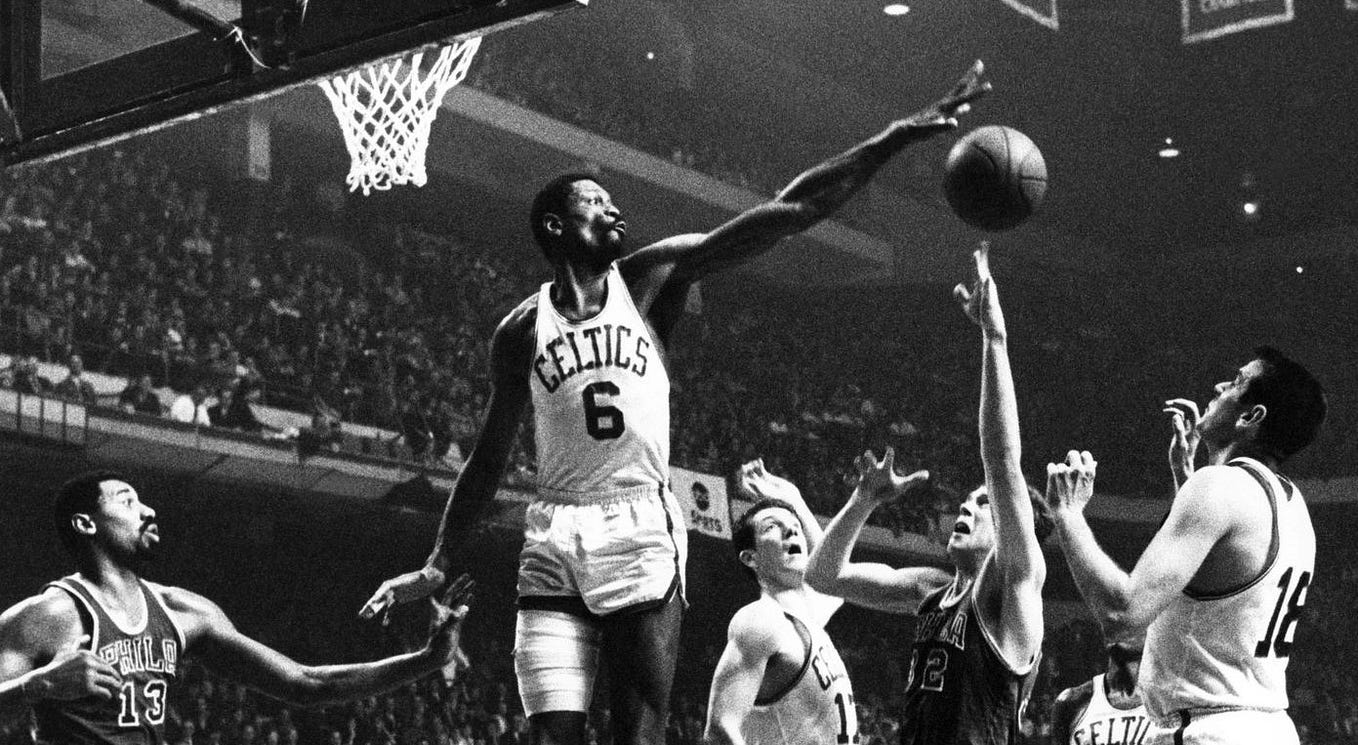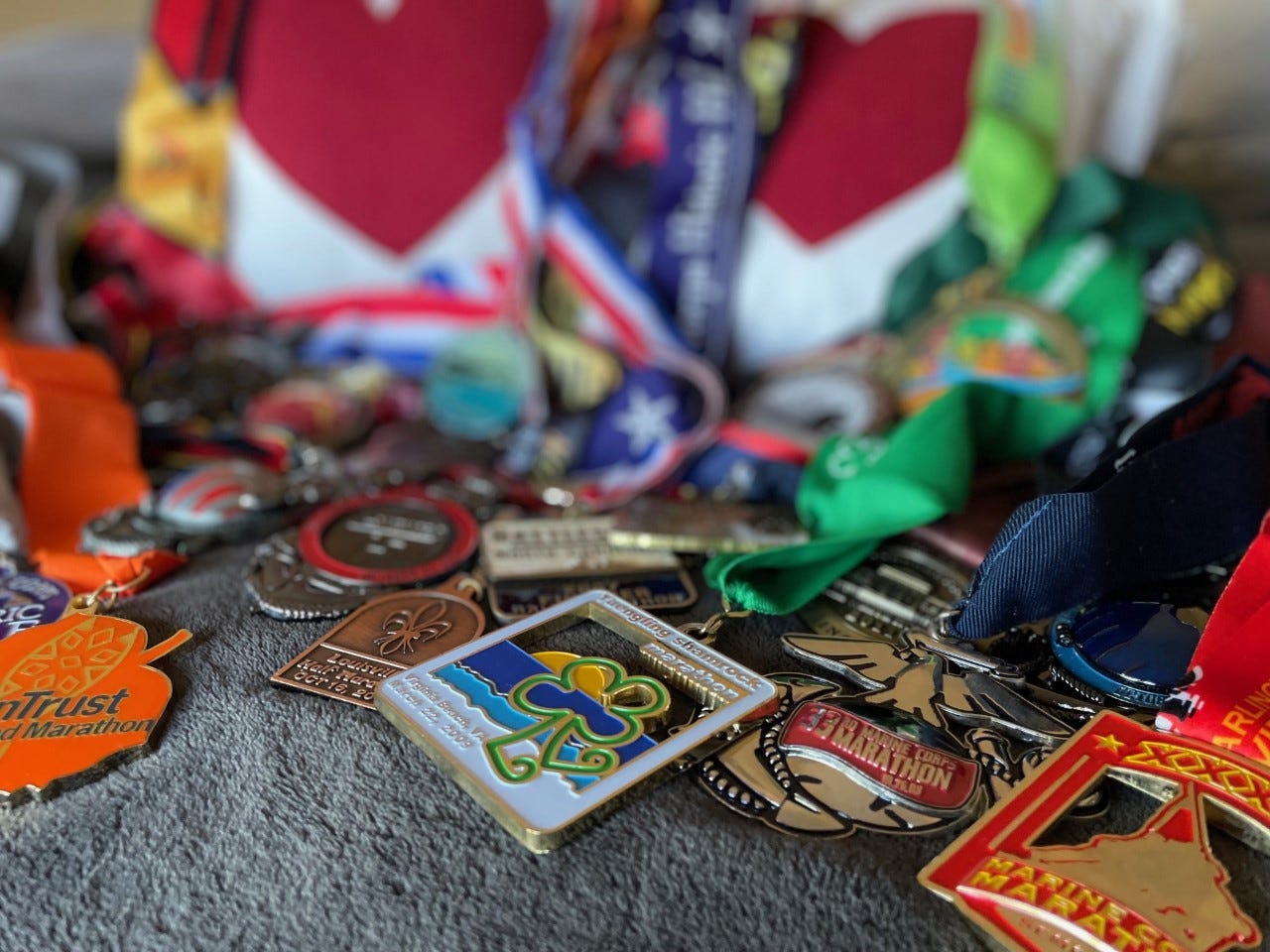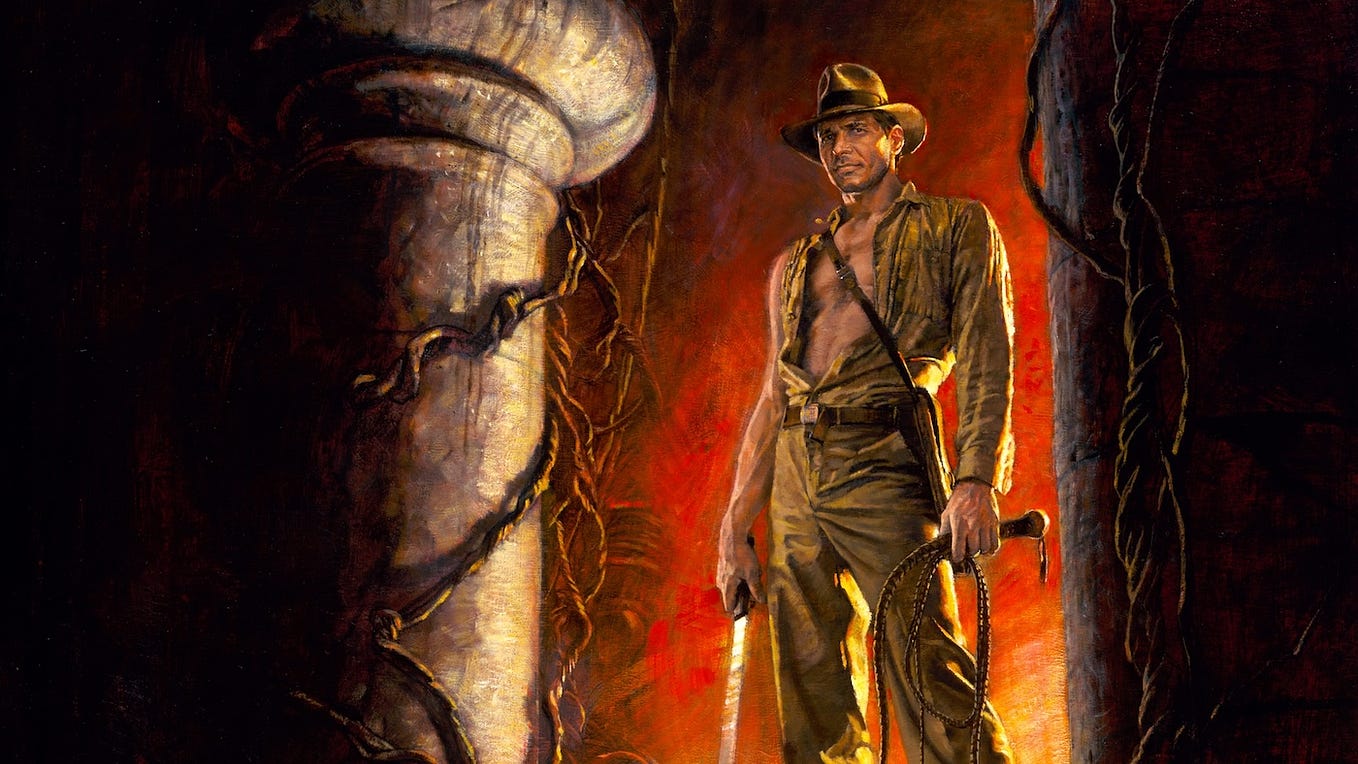Cousin Bruce Morrow & The Fine Art of Going On Forever
He has had a pretty interesting ride over the six decades, and he vowed Saturday that the ride isn’t over.
Bruce Morrow wrapped up his final SiriusXM satellite radio show Saturday night with what might seem like some curious musical choices.
His fourth-to-last song was “Teardrops” by Lee Andrews and the Hearts, a wonderful ballad from 1958 that’s all about the desolation of lost love.
Introducing the song, Morrow quoted the most painful of the lyrics: “I sit in my room looking out at the rain / My tears are like crystals / They cover my window pane. . . .”
He addressed those lines to his wife Jodie, whom he married in 1974. She was also the recipient, throughout the show, of multiple endearments.
After “Teardrops,” he played “Our Day Will Come” by Ruby and the Romantics, followed by Little Anthony’s “Take Me Back” — lovely songs that fit snugly into the format of SiriusXM’s “Sixties On 6” channel, but are also a bit melancholy, suggesting happiness is a dream for tomorrow rather than today.
There’s always danger in reading too much into the lyrics of popular songs, since their charm also lies in mood, instrumentation, vocal performance and all that other stuff.
Still, there was an edge to those closing selections that wasn’t entirely smoothed by the classic, with which he ended the show: “Goodnight Sweetheart Goodnight,” by the Spaniels. That one is from 1954, which may seem like forever ago, but was actually recorded a year after student Bruce Meyerowitz from Brooklyn talked New York University into letting him start a college radio station, WCAG.
Fun fact: WCAG played classical music. It would be another six years before Meyrowitz would surface to a broader New York audience, first on WINS and then in 1961 on WABC, as Cousin Bruce Morrow.
He has had a pretty interesting ride over the six decades since then, and he vowed Saturday that the ride isn’t over.
“I am not retiring,” he said. “Jodie and I are very well. We will meet again.”
And why not? He’s only 84, even if it feels like Cousin Bruce has been part of American rock ’n’ roll radio not just since the Eisenhower administration, but since the invention of radio itself.
In any case, Morrow clearly did not want his last SiriusXM show to come off as a eulogy, though it contained farewell elements.
He thanked SiriusXM, which picked him up after New York’s WCBS-FM dropped his last regular terrestrial radio shows as part of a format change, and also thanked his staff. The show punctuated with messages of thanks from listeners, friends and fans. He had drop-in guests like Darlene Love, giving him a good reason to play “Today I Met The Boy I’m Going To Marry.”
Morrow’s voice, known for a level of energy normally associated with 747 engines or thundering herds of buffalo, sounds a little breathier these days. No matter what, though, it sounds good.
What may be most notable, is that all these years later, Cousin Bruce can still be exactly what you expect, and yet at any given moment throw in a little twist — like those last songs.
If you wanted to explain to a visitor from Jupiter what classic American rock ’n’ roll radio sounds like, you could play an aircheck of Cousin Bruce. It’s upbeat and enthusiastic. He makes you think the record you’re about to hear could be the greatest record you’ve ever heard.
He makes it fun to be a rock ’n’ roll fan, which may be a given today, but bordered on subversion when Bruce Morrow started playing rock ’n’ roll on the radio in 1959.
Cousin Bruce helped change that. He didn’t sound threatening.
He also could arguably be considered the classic American top-40 disc jockey of the 1960s. He played the hits and seemed to love the hits.
However, it’s worth remembering, this did not earn him universal admiration among rock ’n’ roll fans. By the mid-1960s, the hits were considered by a growing number of young fans to be the superficial surface of the real music.
That didn’t bother Morrow. When the Beatles arrived in New York and Morrow was among the privileged few let into their bubble, he wasn’t the voice of hard-core fans who wanted to know their Hamburg setlists. He was the voice of the thousands of girls gathered outside their hotel screaming at every glimpse of a moptop.
Yet at the same time Cousin Bruce was personifying the top-40 DJ, he didn’t sound like Dan Ingram or Murray the K or Wolfman Jack or any other DJ. He was The Cuz, occasionally wacky, sometimes sentimental, determined you would enjoy your evening in his company.
In the cold jargon of marketing, Morrow branded himself brilliantly. He got syndicated shows and hosting dates and six decades of radio gigs because Cousin Bruce was a product that sold. His last words Saturday night were a tacit assurance to long-loyal listeners that it still does, that what they like is still a good thing to like.
“Let’s do it all over again / I feel good, let’s do it again.”
— “It Will Stand,” The Showmen, 1960.
(Update: On Aug. 11, WABC (770 AM) announced Cousin Bruce will be doing a show every Saturday, 6–9 p.m., starting Labor Day weekend. Since it takes him back to the New York station where he made his reputation, he’s naturally delighted. The show will be simulcast on WLIR (107.1 FM) on Long Island and available to everyone through the WABC app.
It probably should be noted that in past days, this would have been an 8 p.m.-midnight show. But some of us old-timers don’t stay up until midnight much any more.

